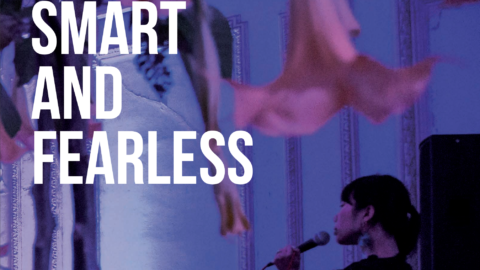For the first two years of the Startup Support Programme, Trans Europe Halles (TEH) was guided through crumbling army barracks, two refurnished factory buildings, two dilapidated cinema halls, a neglected apartment building with a large courtyard and rooftop terrace. For the next two years, during the pandemic, TEH enjoyed digital tours around a former prayer house with a demolished ground floor, the ruins of a concert hall, a deserted primary school, a renovated power plant, a historical building hiding its exhibition space behind locked doors, a storage hall turned into a bookshop-café and an empty newspaper kiosk serving as a contemporary art gallery.
All of these buildings are being transformed into independent cultural and social centres by crews of young, smart and fearless people who are looking for international connections and knowledge. The kind of connections and knowledge that Trans Europe Halles is eager to share. That’s why TEH is running the Startup Support Programme (SUSP): to help emerging cultural centres at the European borders towards a sustainable future – and towards a full membership of our vibrant network.
The mentors: four people who know what it is to start, run and consolidate spaces like these. Chris Keulemans (Amsterdam) has been there throughout the four years of the SUSP. In the Balkans, he was joined by Irena Boljunčić Gracin (Pula, Croatia). In Eastern Europe, by Mykhailo Glubokyi (Donetsk and Kyiv, Ukraine). And in Southern Europe, by Ada Arduini (Verona, Italy). Together, they have written this story.
This publication is a summary of the discoveries they made and the lessons they learned. It zooms in on the main challenges along the way, highlighting the centres they visited.
